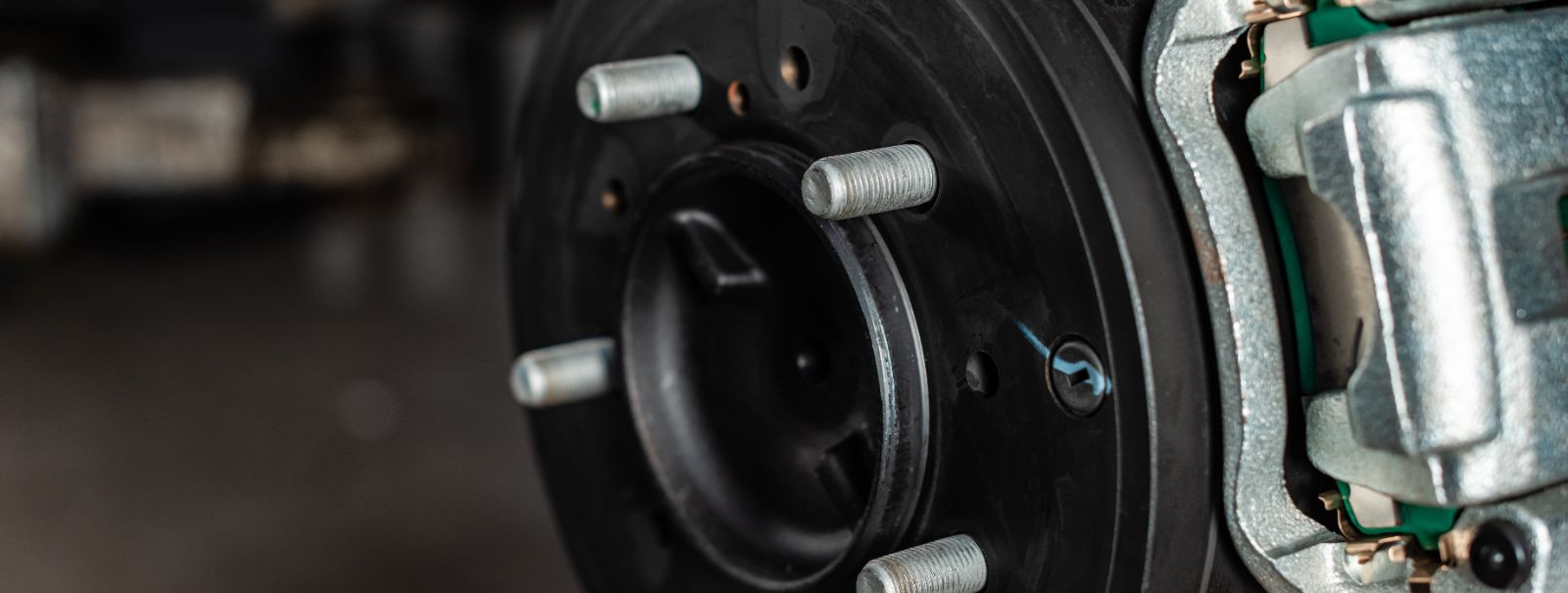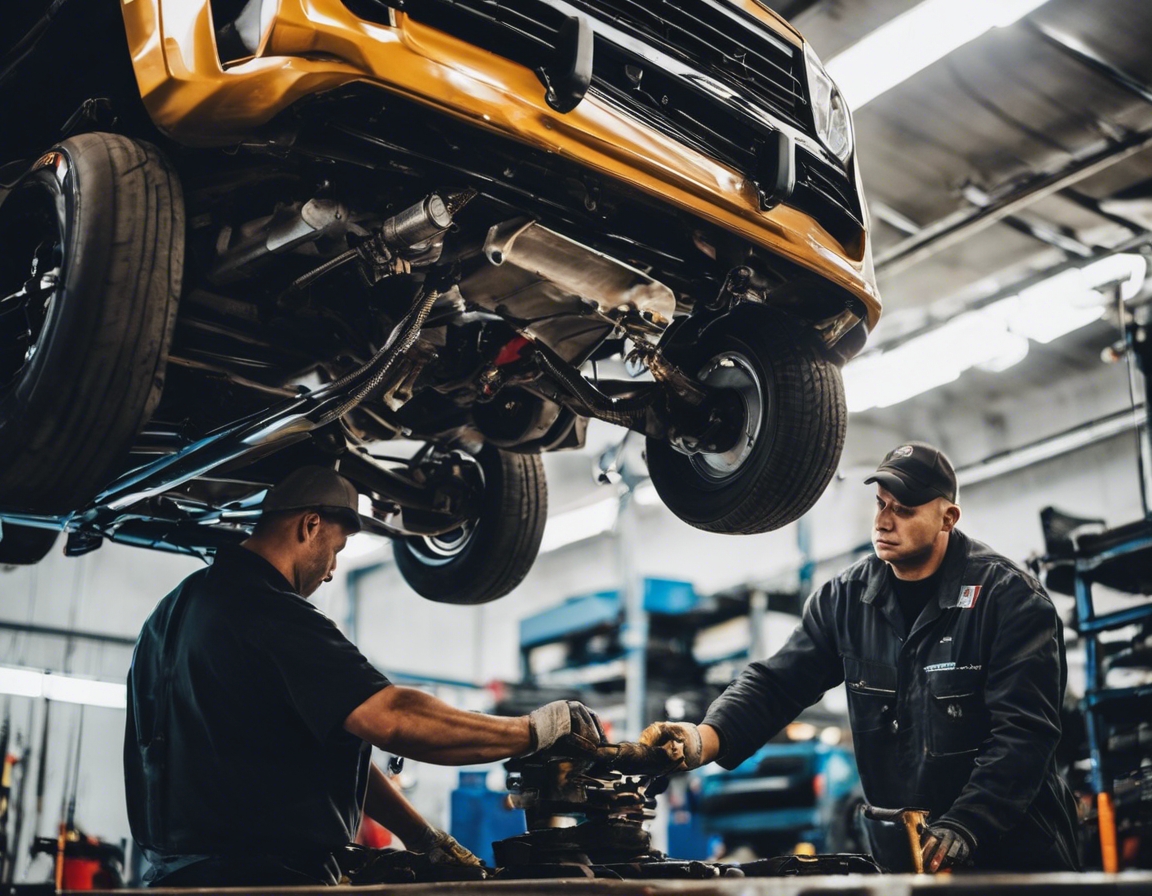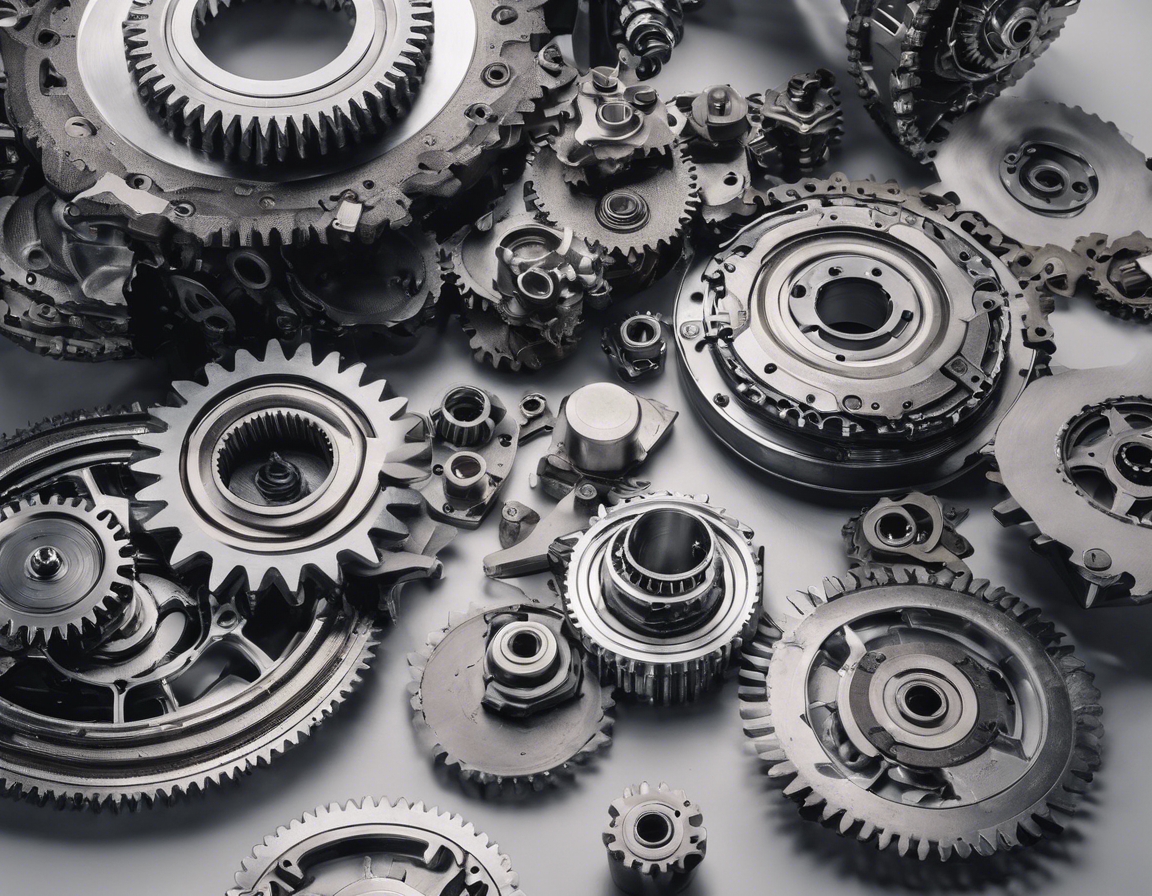Brake service 101: what every car owner should know
Brakes are arguably the most important safety feature in any vehicle. They are the critical component that allows you to stop the car whenever needed, whether in daily traffic or emergency situations. Understanding how they work and the importance of maintaining them can be the difference between a safe journey and an accident.
The brake system consists of several key components including the brake pads, rotors (or discs), calipers, brake lines, and brake fluid. Each part plays a vital role in ensuring your vehicle can stop effectively.
Signs You Need Brake Service
One of the first signs of brake issues is hearing unusual noises such as squealing, grinding, or clicking when you apply the brakes. These sounds often indicate that the brake pads are worn and need to be replaced.
If your brakes are not as responsive as they used to be, or if the pedal 'sinks' towards the floor, it could be a sign of a leak in the braking system or air in the brake lines.
When your vehicle pulls to one side during braking, it could indicate a problem with the brake linings or a malfunctioning caliper.
Vibration or pulsation when braking is often a sign that your brake rotors are warped or unevenly worn.
Your vehicle’s dashboard has warning lights that indicate when there is an issue with your braking system. If the brake warning light comes on, it's time to get your brakes checked immediately.
Types of Brake Services
A thorough brake inspection should include checking the condition of the brake pads, rotors, calipers, lines, and fluid. It's the first step in determining what kind of service your brakes need.
Brake pads are a critical component that need to be replaced periodically to ensure safety and optimal performance.
Brake fluid is hygroscopic, meaning it absorbs moisture over time, which can lead to reduced braking performance. Changing the brake fluid at manufacturer-recommended intervals is essential.
Rotors can become warped or worn over time. Depending on their condition, they may need to be resurfaced or replaced to maintain effective braking.
Maintaining Your Brakes
Regular brake inspections are crucial to identify issues before they become serious problems. Most experts recommend having your brakes checked at least once a year.
Your driving habits can significantly impact the longevity of your brake system. Practices such as coasting to slow down before applying brakes can help reduce wear and tear.
Brake fluid should be checked regularly for level and quality. Dark, dirty fluid can indicate contamination and may require a system flush.
Choosing the Right Brake Service Provider
When selecting a brake service provider, look for qualifications and experience. Technicians should be certified and have a solid understanding of different braking systems.
High-quality parts and service are essential for the longevity and performance of your brakes. Always inquire about the types of parts used and the warranty offered on services.
Before choosing a service provider, read customer reviews and research their reputation. A provider with positive feedback and a good reputation is more likely to offer reliable service.






Comments (0)